Description
La Bolsa – Guatemala
Finca La Bolsa is managed by Maria Elena Vides and is located in La Libertad, Huehuetenango, Guatemala, at an altitude ranging between 1,300 and 1,600 meters above sea level. The farm‘s GPS coordinates are 15'35'31.60"N and 91‘56‘17.06"W. The farm was established in 1958 by Jorge Vides, the current family's grandfather, who purchased the land covered in forests and began cultivating Bourbon and Caturra coffee varieties. Despite being a full-time doctor, Jorge‘s true passion lay in farming. His dedication to healthcare led him to become the Director of the National Hospital of Huehuetenango, which now bears his name. His commitment extended beyond coffee, as he founded a school on the farm in 1980, which is still operational and recognized by the Ministry of Education. In 2001, the second and third generations took over, focusing exclusively on producing specialty coffee.
Finca La Bolsa employs 10 permanent workers and between 80 to 100 temporary workers each trimester. The farm spans 108 hectares, with an average yield of 1,405 kilograms of green coffee. The main challenges faced in coffee production include climate change, fluctuating fertilizer prices, and a significant decrease in available labour. These factors create a challenging environment where meticulous planning and execution are essential for success. Future investments include separating the productive matrix by coffee variety to increase yield while maintaining high quality. Additionally, the farm is enhancing biodiversity by planting more trees.
Social and environmental responsibility is integral to Finca La Bolsa‘s operations. The farm supports four community schools, provides scholarships for coffee specialization, and manages several tree-planting projects.
The farm produces approximately 152,000 kilograms of green coffee annually, with the harvest occurring between December and April. The lot consists of a blend of Caturra and Bourbon varieties. Coffee cultivation is carefully managed, with the picking season varying according to altitude. Pest control is a year-round effort, and the farm follows the ANACAFE program for pruning. Fertilization is conducted from March to October, with three applications tailored to soil test results. The farm's organic material averages 5%. Weed control is carried out strategically to facilitate other farming activities. New coffee plants are typically introduced between April and June, aligning with the first rains of the season.
Coffee processing at Finca La Bolsa is a meticulous process aimed at ensuring high quality. The coffee is manually picked based on maturity and Brix levels. After a 24-hour pre-fermentation period in the picking bags, the coffee is weighed, sorted, de-pulped, and fermented for 15 to 24 hours, depending on the climate. The drying process lasts 15 to 18 days, with the coffee being moved regularly to ensure even drying. After processing, the coffee is stored in nylon bags at the farm's warehouse before being transported to the dry mill, where it is meticulously tracked for traceability.
Water management is conducted with efficiency and sustainability in mind. Irrigation is only used in the nursery, with minimal water consumption per plant. For coffee processing, the farm uses and reuses water, treating it through filters and natural barriers before reintroducing it to the crops. All water treatment adheres to national standards.
Pest and disease management is proactive, with regular monitoring to prevent outbreaks. The farm uses a flower index to predict plant susceptibility based on weather conditions. The traceability of the coffee is meticulously maintained, with every step from cultivation to export recorded in a software system that logs specific hours and dates.
Finca La Bolsa does not produce any other crops. The impact of climate change, particularly in temperature and rain distribution, has led to the development of a flowering index that guides farm activities. Financially, the farm faces challenges due to rising production costs, labor shortages, and inflation. To stay competitive, the farm focuses on high-quality production in its middle and high-altitude areas while increasing productivity in lower-altitude areas using resistant coffee varieties.
Try La Bolsa – Guatemala в кафенето ни or order through our website to have it delivered!
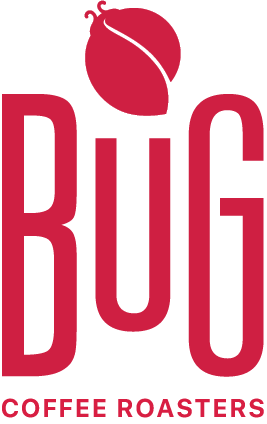

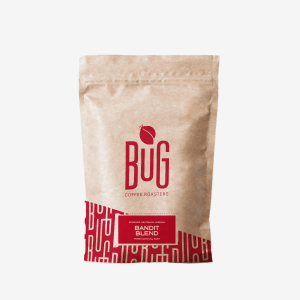
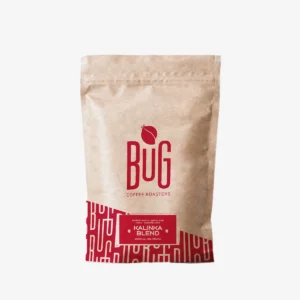
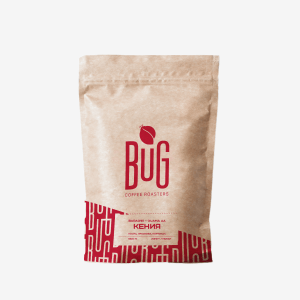
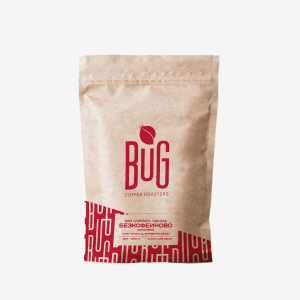
Отзиви
Все още няма отзиви.